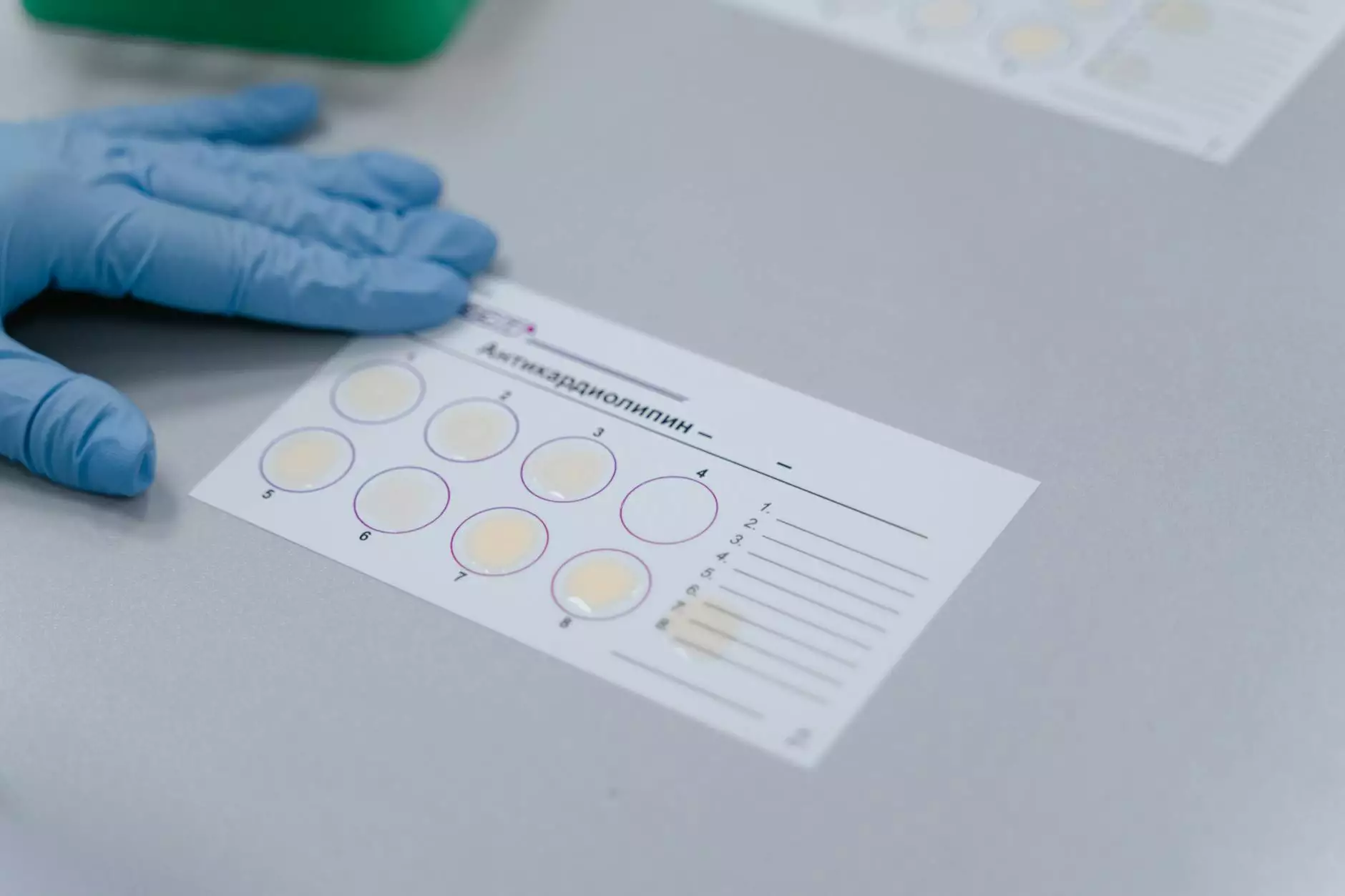Understanding Health Coding Certification

The field of health coding is critical in the healthcare industry, acting as a bridge between the medical services provided and the financial framework that sustains healthcare providers. As more facilities strive for efficiency and accuracy in their billing processes, the health coding certification has become indispensable. This article will explore the intricacies of health coding certification, its significance, the process to attain certification, and the future of this evolving field.
What is Health Coding?
Health coding is the process of transforming healthcare diagnoses, procedures, medical services, and equipment into universal medical alphanumeric codes. This coding is essential for several reasons: it supports billing and reimbursement processes, facilitates statistical analysis, and contributes to research efforts in the healthcare sector.
The Importance of Health Coding Certification
Health coding certification is vital for professionals in the healthcare industry. Here are some key reasons why:
- Standardization: Certification provides a standard level of understanding of coding systems and practices.
- Career Advancement: Holding a recognized certification can enhance career prospects and often leads to higher salary potential.
- Compliance and Accuracy: Certified professionals are better equipped to understand and apply coding guidelines, reducing the risk of errors and non-compliance.
- Professional Credibility: Certification serves as a testament to a professional’s knowledge and skills in health coding.
Key Certifications in Health Coding
Various organizations offer health coding certifications. Below are the most recognized certifications in the industry:
- Certified Professional Coder (CPC): Issued by the American Academy of Professional Coders (AAPC), it is one of the most sought-after certifications.
- Certified Coding Specialist (CCS): This credential is offered by the American Health Information Management Association (AHIMA) and is ideal for individuals engaged in hospital coding.
- Certified Coding Associate (CCA): Also from AHIMA, this certification is for entry-level coders and allows candidates to demonstrate their competencies.
- Certified in Healthcare Privacy and Security (CHPS): This focuses on the privacy and security aspects of health information, an increasingly important area with the rise of data protection laws.
Pathway to Achieving Health Coding Certification
The journey to becoming certified in health coding involves several steps:
- Educational Requirements: Most certification bodies require candidates to have a high school diploma or equivalent. However, completing a formal education program in health information management or medical coding can provide a significant advantage.
- Experience: Gaining experience through internships or entry-level positions in healthcare settings can be beneficial. Many certification bodies recommend a certain number of hours in coding-related work.
- Choose a Certification: Based on your career goals, select the certification that best matches your desired career path.
- Prepare for the Exam: Use study materials, courses, and practice exams. Understanding the specific coding systems—such as ICD-10, CPT, and HCPCS—will be crucial.
- Pass the Examination: Once you feel prepared, register for and pass the certification exam.
- Maintain your Certification: Many certifications require continuing education units (CEUs) to stay up-to-date with the latest coding practices and standards.
Benefits of Health Coding Certification
Obtaining a health coding certification comes with significant benefits:
- Increased Earning Potential: Certified coders typically earn higher salaries compared to their non-certified counterparts.
- Job Stability: There is a consistent demand for skilled coding professionals, making certified individuals more employable.
- Networking Opportunities: Being part of a certification body allows professionals to connect with a community of peers and industry leaders.
- Professional Development: Certification encourages continuous learning and adaptation to industry changes, which is crucial in the healthcare sector.
The Future of Health Coding
The landscape of health coding is ever-evolving, influenced by technological advancements and policy changes. Here are some trends that are shaping the future:
Increased Automation
With the advent of artificial intelligence and machine learning, the automation of coding processes is becoming more prevalent. This technology can streamline coding tasks, allowing health coders to focus on more complex and nuanced responsibilities.
Telemedicine Coding
As telemedicine gains traction, the coding associated with remote patient care presents new challenges and opportunities. Certification programs are evolving to include training relevant to telehealth billing practices.
Emphasis on Data Analytics
Health data analysis is becoming crucial for healthcare organizations to improve patient care and operational efficiency. Coders with skills in data analytics will be invaluable in interpreting and managing health information.
Getting Started with Your Certification Journey
If you are interested in pursuing health coding certification, consider the following steps to get started:
- Research Certification Options: Look into the various certifications available and determine which one aligns with your career aspirations.
- Enroll in a Coding Program: Consider enrolling in a medical coding program that prepares you for certification exams.
- Join Professional Organizations: Becoming a member of organizations such as AAPC or AHIMA can provide you with resources, networking opportunities, and support.
- Start Networking: Connect with other coding professionals through forums, social media, and local meetups to gain insights and mentorship.
- Study Regularly: Develop a study schedule and stick to it, ensuring you cover all necessary materials before your exam.
Conclusion
In summary, health coding certification is a valuable asset in the healthcare industry, providing coders with the knowledge and skills necessary to excel in their roles. As healthcare continues to advance, certified coding professionals will remain integral to its operation, ensuring accurate billing, compliance, and quality care for patients. By pursuing health coding certification, individuals not only enhance their professional standing but also contribute to the ongoing evolution of healthcare services.
For more information or to start your certification journey, visit medesunglobal.com and explore the resources available to aspiring health coding professionals.









